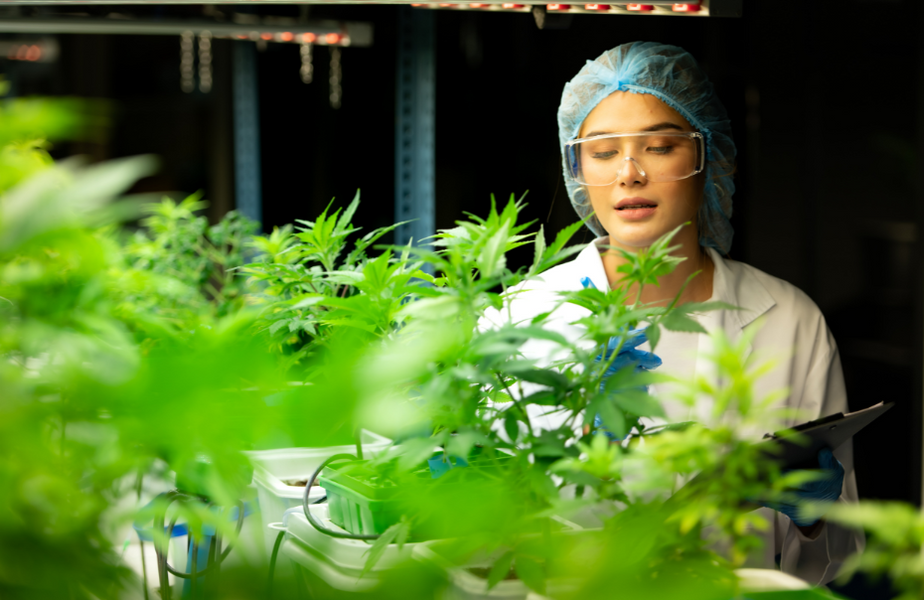Due to the expansion in the medical use of CBD, the World Health Organization decided to review the evidence of its safety and efficacy.
In that regard, at the end of 2017, it published a report where it reported that "CBD is generally well tolerated with a good safety profile". However, they also noted that adverse effects can occur, especially as a result of interactions between CBD and other medications a patient may be ingesting.
The report found no indications of possible abuse or dependence. "To date, there is no evidence of recreational use of CBD or of any public health-related problems associated with the use of pure CBD."
The following are some of the key points of the WHO's position on CBD:
Medical potential of CBD: The WHO acknowledged that CBD has shown potential in the treatment of certain medical conditions. They highlighted its potential efficacy in the treatment of epilepsy and related disorders, such as Dravet syndrome and Lennox-Gastaut syndrome.
Therapeutic uses of CBD: The WHO acknowledged that CBD may have therapeutic benefits for other conditions, such as anxiety, pain, inflammation and neurological disorders. However, they emphasized the need for more research to better understand these potential benefits. As background information, it is interesting to note that, along with WHO endorsement, the FDA approved CBD as an alternative drug to treat epilepsy. With FDA approval, these medications became widespread, bringing relief to many parents who, for years, had sought alternative ways to administer cannabis extracts to children with difficult-to-treat epilepsy conditions.
CBD and addiction: according to the WHO, CBD does not produce the same psychoactive effects as THC (tetrahydrocannabinol, the main psychoactive compound found in marijuana) and is not associated with addiction.
CBD and the international drug control treaties: the WHO recommended that CBD preparations with less than 0.2% THC should not be included in the international drug control conventions. This recommendation was intended to facilitate access to CBD for medical and research purposes.
However, it is important to keep in mind that the regulatory landscape surrounding CBD is constantly evolving, and it is essential to consult the latest information and guidelines from the World Health Organization or relevant health authorities in your region for the most up-to-date position on CBD and its uses.
 US Dollars
US Dollars


